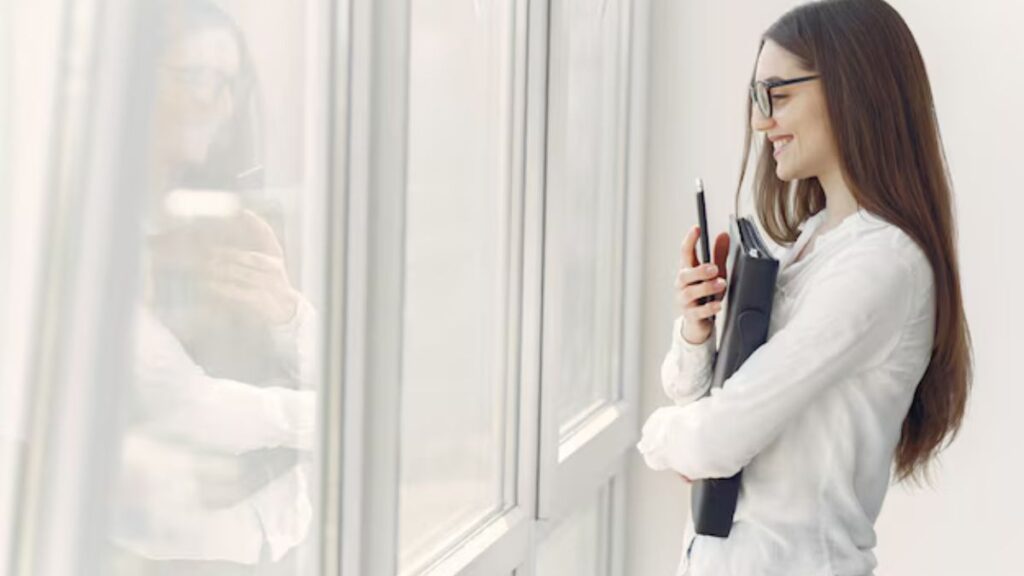Replacing your window is an investment that directly impacts your home’s energy efficiency, security, and aesthetics. Choosing the right type of glass is a crucial part of the process. With so many options available, you need to focus on factors that meet your specific needs. Here’s how to make an informed decision.
Consider Energy Efficiency
Look for options with double or triple panes, as they provide better insulation than single-pane glass. Low-emissivity (Low-E) coatings are another feature to prioritize. Replacing your windows is an investment that directly impacts your home’s energy efficiency, security, and aesthetics, and knowing where to fix or replace broken glass in Denver can make the process much smoother. These coatings help reflect heat, keeping it inside during winter and outside during summer.
Factor in Your Climate
The type of glass you need depends heavily on your local climate. If you live in a colder region, insulated glass units with argon or krypton gas fillings can significantly reduce heat loss. In warmer areas, tinted or reflective glass can help block solar heat.
Cold Climates
In regions with cold winters, you’ll want glass that maximizes heat retention. Double or triple-pane glass with gas fillings like argon or krypton creates a thermal barrier, preventing warm air from escaping your home. These gas-filled units also reduce condensation, which can contribute to mold and mildew growth, ensuring a healthier indoor environment during the colder months.
Hot Climates
If you live in a hot climate, look for glass options that can reflect or absorb solar heat to keep your home cool. Low-E coatings, which reflect infrared light, are particularly effective at reducing heat transfer while still allowing visible light to enter. Additionally, tinted glass can minimize glare and block UV rays, preventing your furniture and floors from fading due to direct sunlight exposure.
Humid or Coastal Areas
In places with high humidity or near the coast, glass needs to withstand salt and moisture. Laminated glass can provide extra protection against humidity, as the interlayer prevents the accumulation of condensation between panes. You should also consider tempered glass, which is less likely to corrode and can withstand the harsh conditions often found in coastal environments.
Prioritize Safety and Security
Safety and security are essential when selecting window glass. Laminated glass, which features an interlayer that holds shards together when broken, is ideal for preventing injuries and deterring break-ins. Tempered glass, on the other hand, is designed to shatter into small, blunt pieces, reducing the risk of harm during accidents. Assess your home’s safety needs to determine the best option for your windows.
Don’t Forget Aesthetics
Glass type also plays a role in your home’s appearance. Options like frosted or patterned glass add privacy without sacrificing light, making them ideal for bathrooms or street-facing windows. For a clean, modern look, opt for clear glass with minimal tint. Consider how the glass choice complements your home’s overall design to ensure a cohesive and attractive result.
Choosing the right glass for your window replacement requires balancing energy efficiency, climate considerations, safety, and aesthetics. By focusing on these factors, you can select glass that enhances your home’s performance and appeal. Take the time to evaluate your options and invest in quality materials that align with your needs and preferences.







